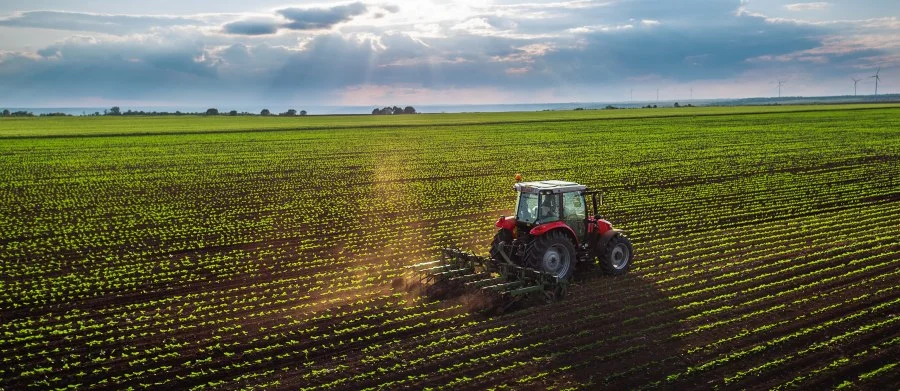Farm Loans: What You Need to Know

You might be unsure where to start or what loan is right for you. United Farm Mortgage offers expert guidance through this complex process.
Types of Farm Loans
Let’s delve into the various types of farm loans available. If you’re looking to purchase or expand a ranch, Farm Ownership Loans might be suitable. They aid in completing land acquisition transactions, building developments, or even soil and water conservation projects with a cap limit of up to $600,000.
Now consider Microloans, which are designed for simpler processes and low paperwork, perfect if you’re just starting out on your agriculture journey or farming outside traditional parameters. FSA Emergency loans step forward during times when natural disasters wreak havoc on your operations. These help sustain agricultural activities under unfortunate circumstances.
Another variant is Guaranteed Farm Ownership Loans, which assist family farmers in securing finance from approved lenders at reasonable terms. Lastly, there’s also the Single Family Housing Loan provided by Rural Development for new home construction purchases and repair ventures within an existing structure, thus supporting complete rural living needs efficiently.
Benefits and Disadvantages
As you navigate the landscape of farm loans, consider both sides. Indeed, weighing the benefits against the drawbacks ensures a well-rounded perspective. On one hand, these provisions hold numerous advantages for you.
For starters, they can boost your cash flow by offering financial aid when needed most, perhaps during seasonal dips in income or unforeseen expenses. Next is their potential to facilitate expansions, whether it’s more land or better equipment your operation needs. However, not all that glitter is gold.
There are challenges, too. Firstly comes high-interest rates, which puts pressure on repayment capabilities, especially if gains from farming activities don’t align as expected. Then, the services of an agri-loan may lead to debt cycles, particularly risky for small-scale farmers already working with slim margins. By considering this balanced overview before making decisions about applying for such credit solutions makes sense!
Remember, though, that each individual’s circumstances vary significantly, so ensure bespoke advice through professional consultation occurs prior to your commitment signing!
Eligibility Requirements
To secure a favorable verdict from your lender, maintaining accurate financial records plays a crucial role. This step can aid in determining how much funding you genuinely need instead of going for the maximum eligible amount that could accrue more interest. Your eligibility hinges upon various factors; operating expenses and income data stand out as paramount considerations.
Moreover, information about assets plus depreciation rates contributes significantly to this equation, too. Remember, larger loans imply steeper interests. Hence, they might negatively impact your profitability down the line. Also worthy of note is presenting an exhaustive report featuring details such as crop sales figures or agricultural program payments received over past years.
All of these matters when applying for any business loan.
Knowing the ropes of farm loans proves vital for successful farming. United Farm Mortgage guides you through this complex process, helping you find a loan that fits your unique needs. With expert insights on interest rates, application processes, payment terms, and more, we’re here to make securing your farm’s future less daunting.
















